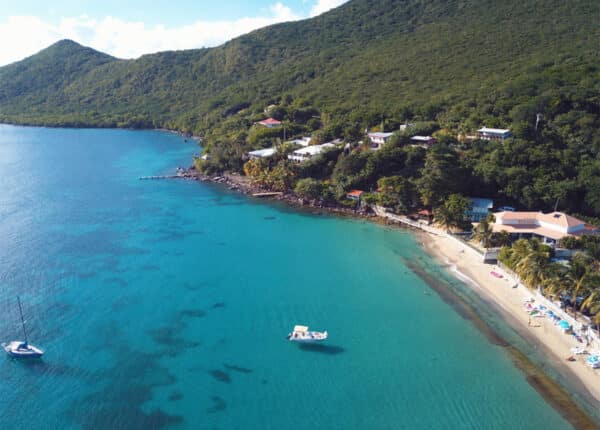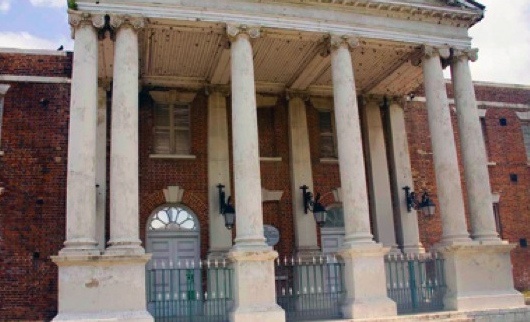Kent Gammon: How Plea Bargaining Could Help Control Jamaican Crime
By Kent Gammon
Op-Ed Contributor
Jamaica’s murder rate is one of the highest in the world with a prosecution success rate of a highly unimpressive 30 percent. The effects of these statistics on the Jamaican economy are manifested in lack of sufficient foreign and local direct investment and lack of confidence in the criminal justice system.
These facts compel legislators and law enforcement officials to adopt radical changes to their “business as usual” prosecution practices. Of course, the radical changes must be implemented without sacrificing the constitutional rights of Jamaican citizens. The benefits and costs of plea bargaining have been debated in several quarters throughout Jamaica for a long time.
I have been, from my enrollment as a lawyer in 1999, a strong advocate of plea bargaining to be enacted in Jamaica. To my dismay, many of my law colleagues were not in support of plea bargaining, at least at that time. Their arguments against it were that it would compromise the constitutional right of all citizens to being innocent until proven guilty in a court of law.
Anti-plea bargain advocates have also argued that some criminal offenders, plea bargainers, would make up stories of culpability to reduce their own culpability, and this would pervert the constitutional rights of citizens to being proven guilty by the state for the crimes alleged against those persons by the plea bargainers.
According to Wikipedia, 90 percent of criminal cases in the United States are settled by plea bargain rather than by a jury trial.
Plea bargaining is critical in fighting crime as it allows for lesser offenders in a criminal enterprise to reduce their sentences, or, in some rare instances, to serve no time in custody, in exchange for giving information on the masterminds behind criminal activities.
The masterminds are the ones who hatch the criminal activities and organize other criminals to conspire in furthering their criminal enterprises. The masterminds are the ones who most importantly need to be caught and put away, but who, many times, evade justice because they have the money to do so. Such masterminds bribe law enforcement officials and corrupt the criminal justice system.
The lack of resources in forensic science and the notorious unreliability of eyewitness testimony are compelling arguments for plea bargaining in Jamaica.
In 2005 it was finally agreed by the Jamaican parliament to enact the Criminal Justice (Plea Negotiations and Agreement) Act, which was finally made into law in Jamaica on the first of November 2010.
The act allows for the plea bargainer to withdraw from the agreement before sentencing or to appeal against a conviction on the grounds, amongst others, that it was entered into improperly due to inducement.
The act also allows for a withdrawal or appeal where the agreement was entered into as a result of misrepresentation or misapprehension as to the substance or consequences of the agreement.
These are important safeguards of the act, as they preclude any arguments against plea bargaining that it would be used to pervert justice by law enforcement officials in inducing lesser offenders to make up stories against greater offenders or masterminds of criminal organized enterprises in some sort of “kangaroo court justice.”
Plea bargaining is useful in fighting crime as the cooperation of criminal offenders takes a substantial strain off the resources of law enforcement. This benefit alone is arguably the greatest as it frees up law enforcement resources to be dispersed in fighting other criminal offenders.
The implementation of plea bargaining negotiations in Jamaica will be recorded and accessible as another check and balance against the improper usage of such a scheme.
It is therefore the case, after considering all the facts, that the benefits of such a legislative scheme outweigh the costs. The implementation of such a scheme in Jamaica is a most welcome crime fighting tool, whose time has long come.
Kent Gammon is an attorney in Jamaica.
Note: the opinions expressed in Caribbean Journal op-eds are those of the author and do not necessarily reflect the views of the Caribbean Journal.







